Linux 101: Linux Distro
Linux is a free, open-source operating system (OS) based on UNIX created by Linus Torvalds in 1991.
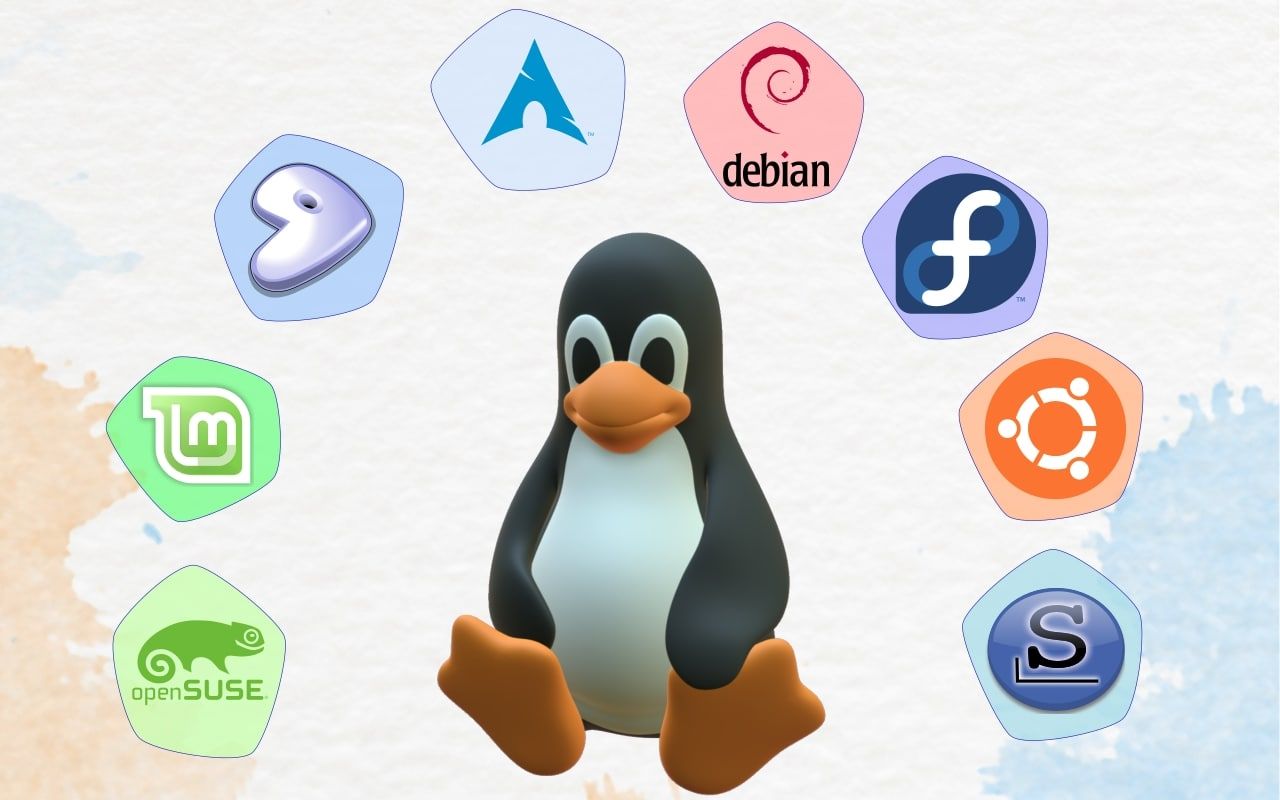
Introduction
Linux is a free, open-source operating system (OS) based on UNIX. Created by Linus Torvalds in 1991, it quickly gained popularity thanks to its customizability, stability, and strong community support. Today, Linux powers everything from personal computers to servers, smartphones, and even household appliances.
Why Developers and DevOps Engineers Should Use It
Linux has become the dominant force in the server world, and for good reason. Here's why developers and DevOps engineers should consider making Linux their daily driver:
- Open Source and Free: Linux's open-source nature means you can access and modify the source code, making it highly customizable. Plus, there's no need to break the bank to use it – it's free!
- Stability and Security: Linux's architecture and regular updates make it highly stable and secure, reducing the risk of crashes and security breaches. It's like having your own digital fortress.
- Powerful Command Line Interface (CLI): Linux's CLI allows developers and DevOps engineers to perform tasks efficiently and automate processes, making it an ideal choice for those who love to streamline their workflow.
- Community and Support: Linux has a massive, friendly community ready to help out, offering resources like online forums, tutorials, and documentation.
- Wide Range of Tools: Linux comes with an extensive collection of pre-installed software and tools, including programming languages, web servers, and databases, perfect for developers and DevOps engineers.
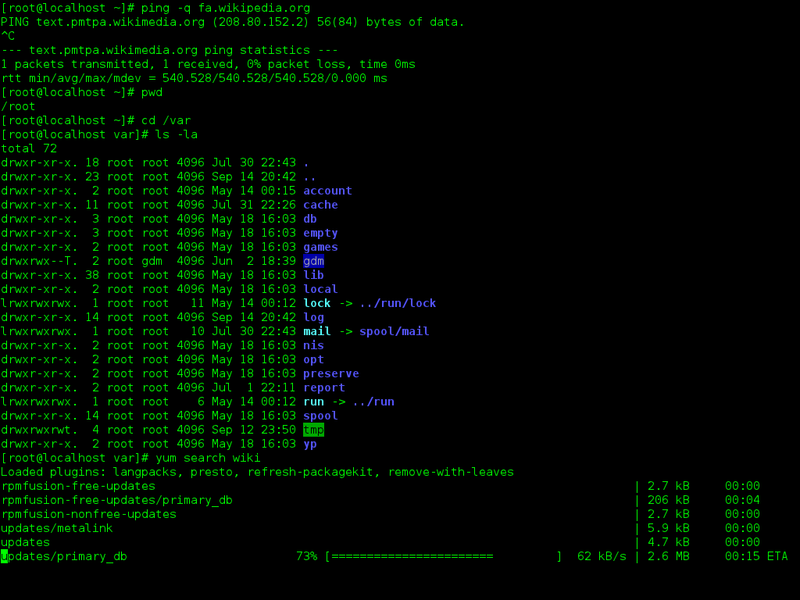
The Wonderful World of Linux Desktop
While Linux is famous for its command-line interface (CLI) and server capabilities, it's also a fantastic choice for personal computers. With a variety of desktop environments to choose from, you're sure to find one that suits your taste and needs. So, let's explore the Linux desktop and see why it's a game-changer for personal computing!
Linux Desktop Environments: A Universe of Possibilities
Linux desktop environments provide graphical user interfaces (GUIs) for users to interact with their computers. They're designed to make your computing experience more intuitive, user-friendly, and visually appealing. Here are some of the most popular Linux desktop environments and their unique features:
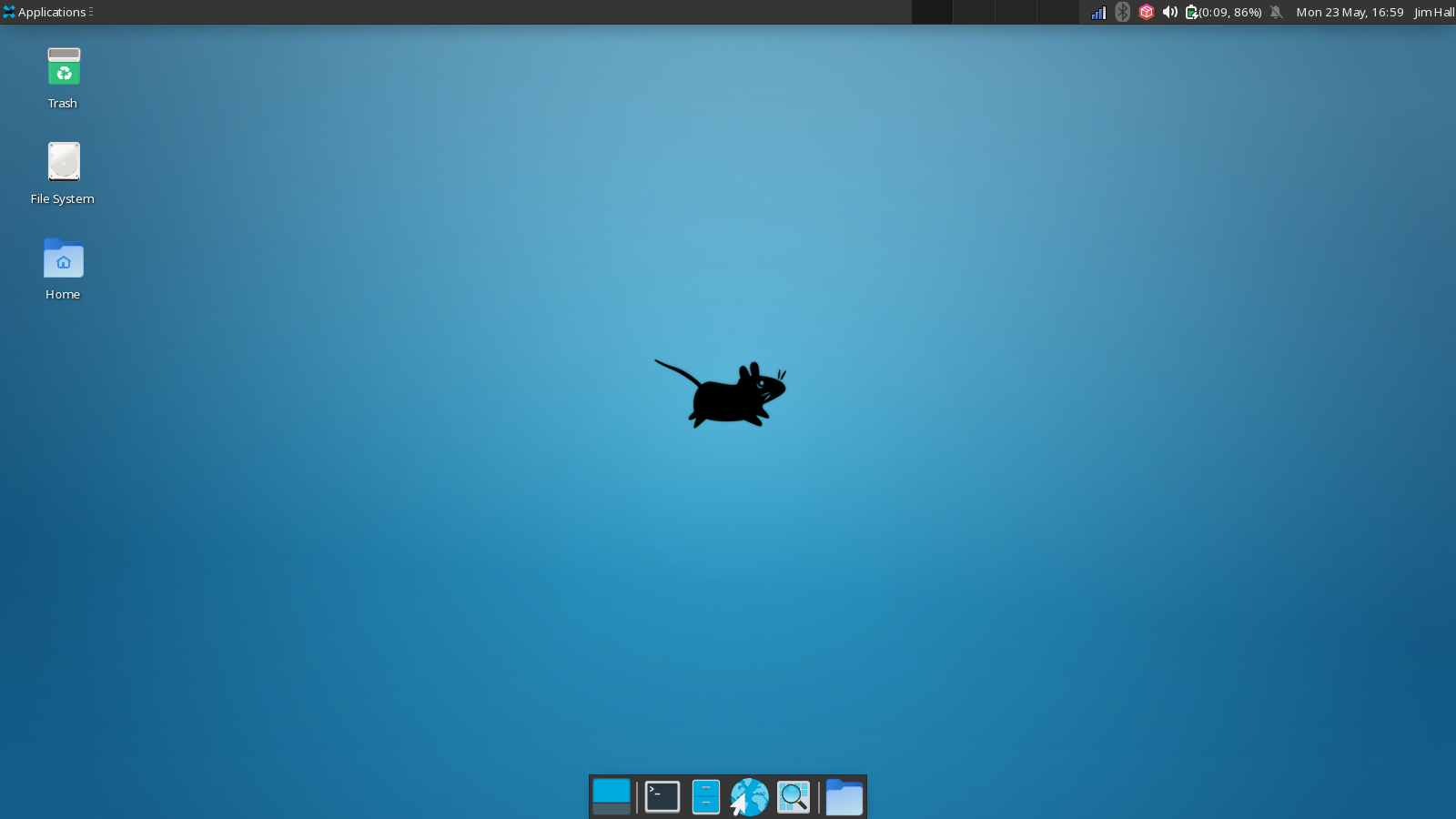
- GNOME: GNOME is a modern, sleek desktop environment known for its minimalistic design, intuitive interface, and powerful search functionality. It's designed to keep things simple and efficient, making it a perfect choice for users who appreciate a clutter-free workspace.
- KDE Plasma: KDE Plasma is a feature-rich, customizable desktop environment that offers a wide range of options to suit your preferences. With a beautiful interface, powerful tools, and numerous widgets, Plasma lets you create a tailored, dynamic desktop experience.
- Xfce: Xfce is a lightweight, fast, and efficient desktop environment that doesn't compromise on functionality. It's a fantastic choice for users with older or low-spec hardware or those who simply prefer a no-frills, responsive desktop experience.
- MATE: MATE is a continuation of the GNOME 2.x desktop environment, offering a traditional, user-friendly interface with a familiar look and feel. It's an excellent option for users who prefer a classic desktop layout and appreciate simplicity and stability.
- Cinnamon: Developed by the Linux Mint team, Cinnamon is a stylish, modern desktop environment that combines the best of GNOME and KDE Plasma. It offers an attractive interface, powerful customization options, and user-friendly features, making it an appealing choice for new and experienced Linux users alike.
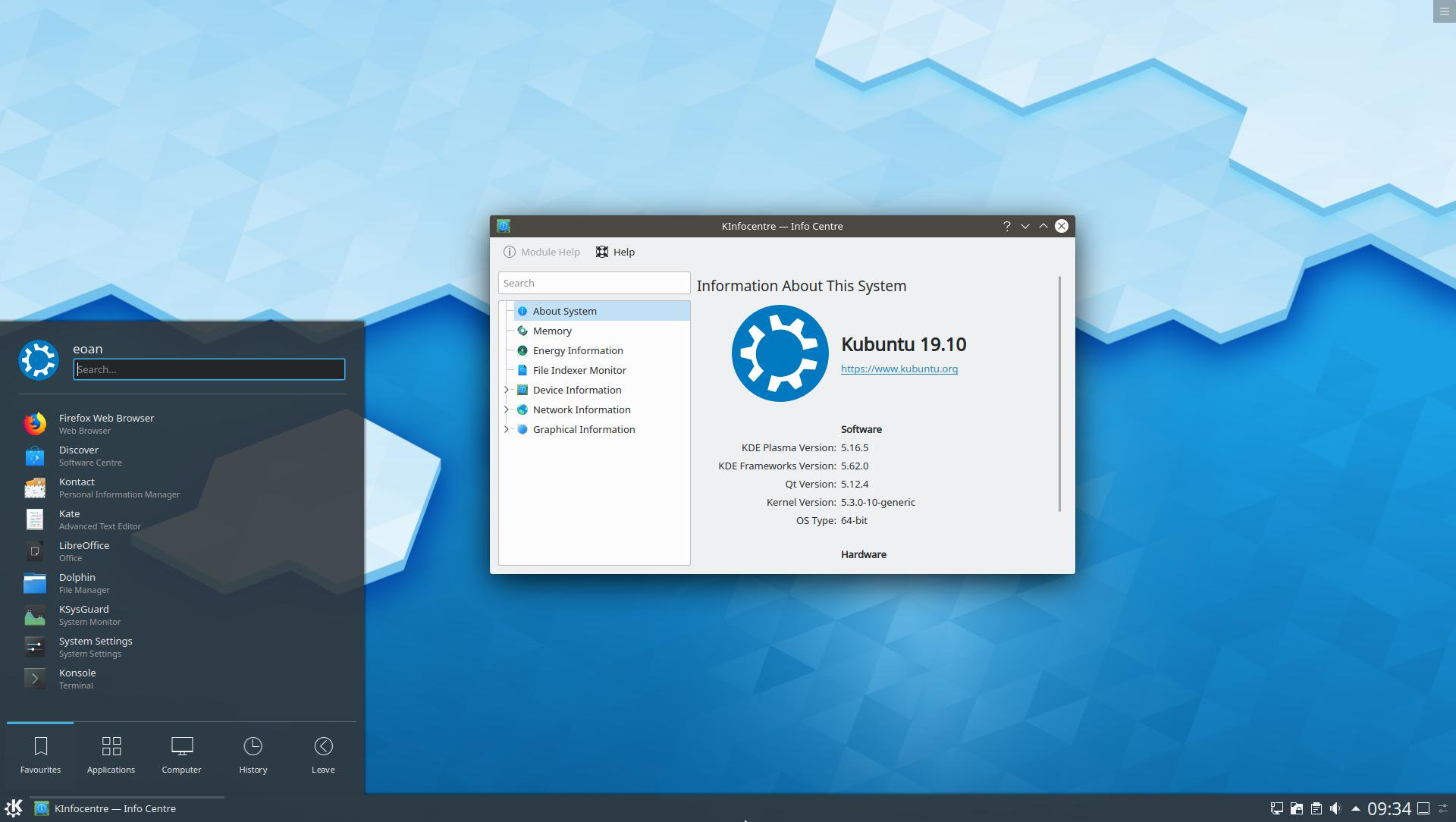
Why Choose Linux Desktop for Your Personal Computer?
- Customizability: Linux desktop environments offer unparalleled customization options, letting you create a unique, personalized experience that fits your style and needs.
- Privacy and Security: Linux is known for its robust security features and commitment to user privacy, making it an ideal choice for those who value safety and control over their data.
- Efficiency and Performance: Linux desktop environments are often more resource-friendly than their Windows and macOS counterparts, ensuring smooth performance even on older or low-spec hardware.
- Open Source and Community Support: Linux is open source, meaning you have access to the source code and can modify it to suit your needs. Plus, the Linux community is always ready to help, offering support through forums, documentation, and tutorials.
- Wide Range of Applications: Linux offers a vast selection of open-source and proprietary software, ensuring you have access to the tools and applications you need for work, play, or both!
Distro Diversity: A Linux Buffet
One of the most fascinating aspects of Linux is the concept of distributions (distros). Distros are essentially different "flavors" of Linux, each with its unique features, tools, and target audience. So, why are there so many distros, and what sets them apart? Let's take a look at some popular ones:
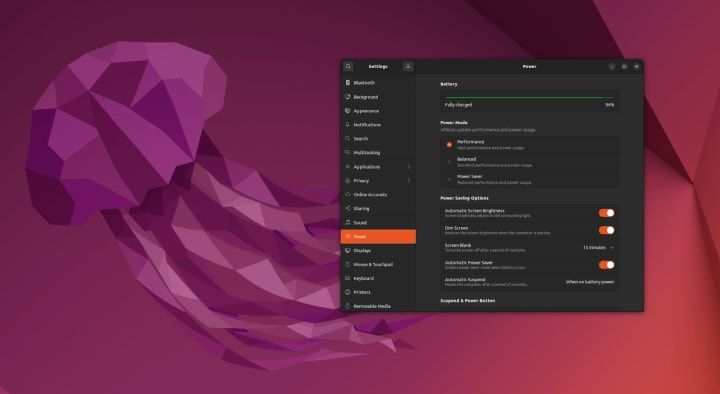
- Ubuntu/Debian: Ubuntu, based on Debian, is known for its user-friendliness and extensive support. It's an excellent choice for beginners or those who want a hassle-free Linux experience. Debian, on the other hand, emphasizes stability and security, making it a solid choice for servers and experienced users.
- Fedora/Red Hat/CentOS: Fedora is a cutting-edge distro that focuses on incorporating the latest technologies, making it perfect for developers who want to stay ahead of the curve. Red Hat Enterprise Linux (RHEL) is a commercial, enterprise-grade distro built on Fedora, offering long-term support and stability for businesses. CentOS is a free, community-supported alternative to RHEL, perfect for those seeking a stable, enterprise-like experience without the cost.
- openSUSE: openSUSE is known for its powerful administration tools, user-friendly interface, and robust software management system. It offers two main editions: Leap, which focuses on stability and long-term support, and Tumbleweed, a rolling-release version that provides the latest software updates.
In summary, the Linux world is vast, diverse, and packed with potential. Whether you're a developer, DevOps engineer, or simply a curious tech enthusiast, there's a Linux distro tailored to your needs. So go ahead, dive into the world of Linux, and prepare to be amazed by its power, flexibility, and versatility!
About 8grams
We are a small DevOps Consulting Firm that has a mission to empower businesses with modern DevOps practices and technologies, enabling them to achieve digital transformation, improve efficiency, and drive growth.
Ready to transform your IT Operations and Software Development processes? Let's join forces and create innovative solutions that drive your business forward.
Subscribe to our newsletter for cutting-edge DevOps practices, tips, and insights delivered straight to your inbox!
